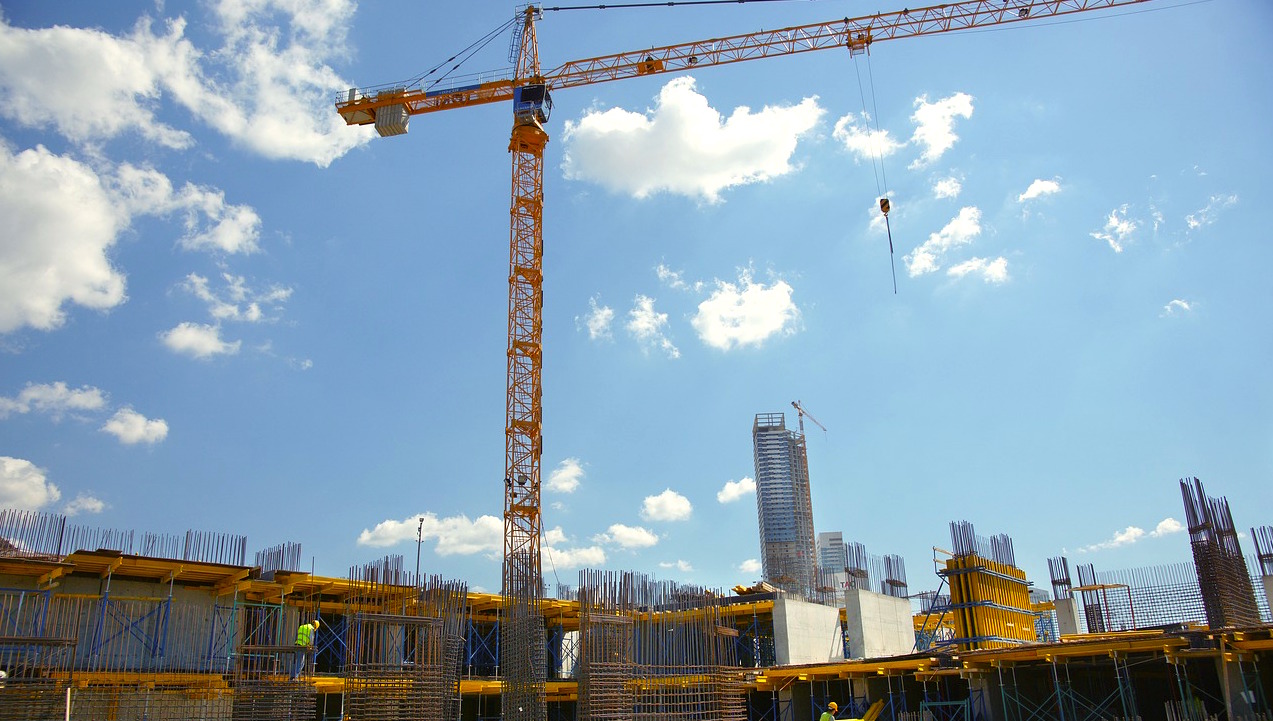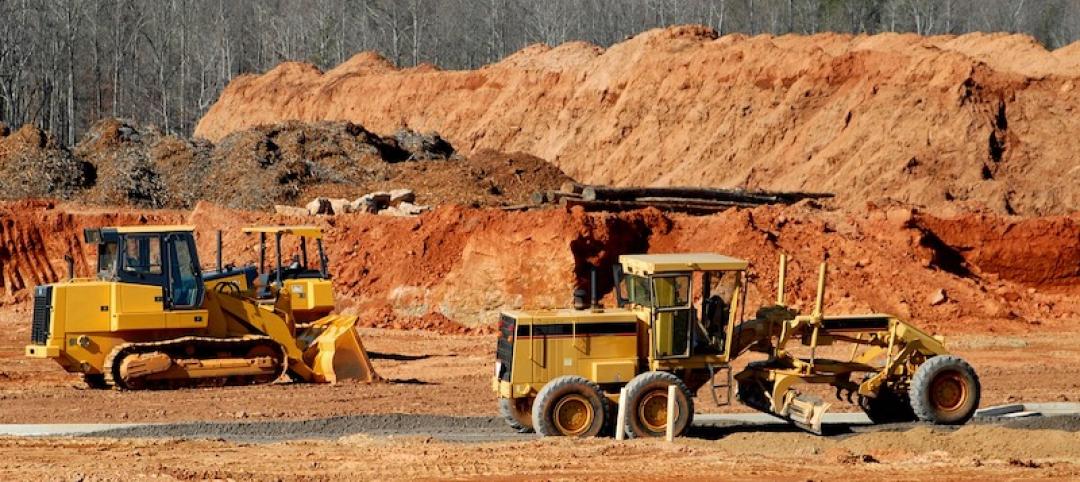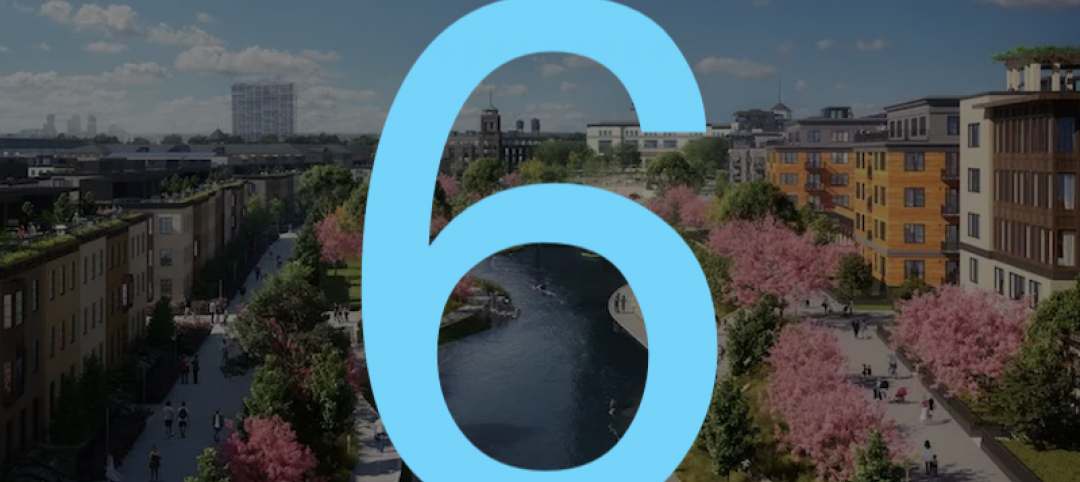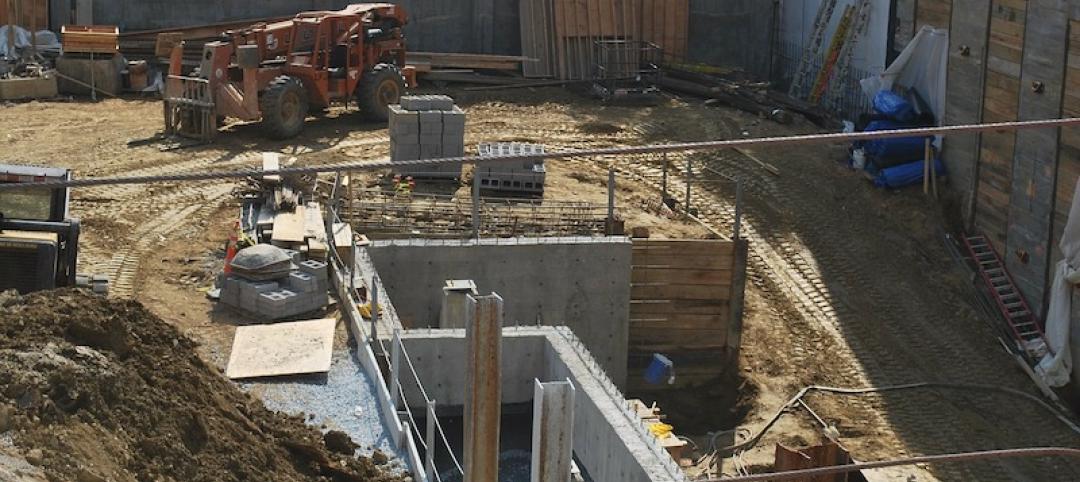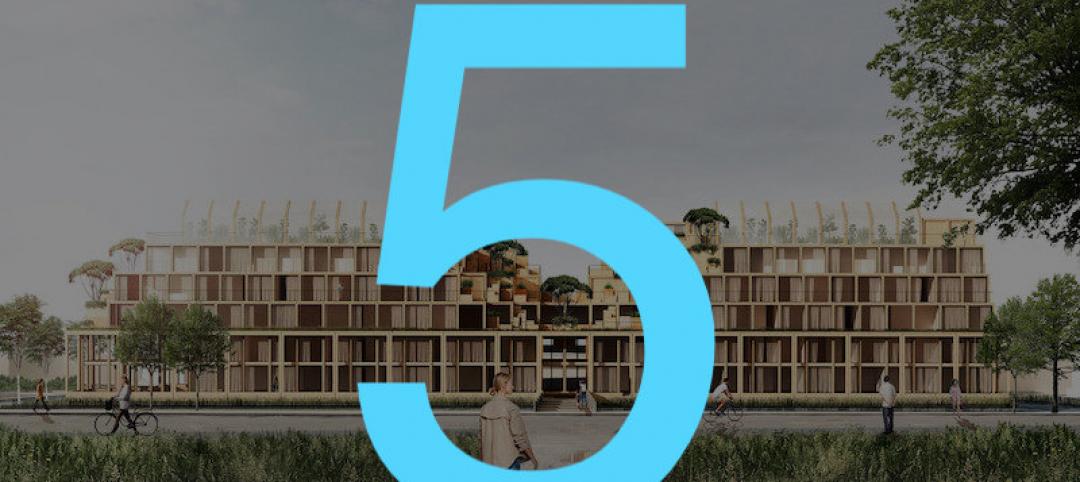Nonresidential construction spending expanded 0.8% in December, totaling $720.4 billion on a seasonally adjusted basis, according to Associated Builders and Contractors’ (ABC) analysis of data released today by the U.S. Census Bureau. This represents the fifth consecutive month during which the pace of nonresidential spending has increased.
Nonresidential spending expanded 0.1% on a year-over-year basis and sits at its highest level since March. Private nonresidential construction spending increased 1.1% for the month, but is down 2.5% year over year, while public nonresidential spending increased 0.4% for the month and 4.4% for the year. Spending in the power and manufacturing categories, which are two of the largest nonresidential subsectors, contracted by a combined 10.3%, or $18.2 billion, since December 2016.
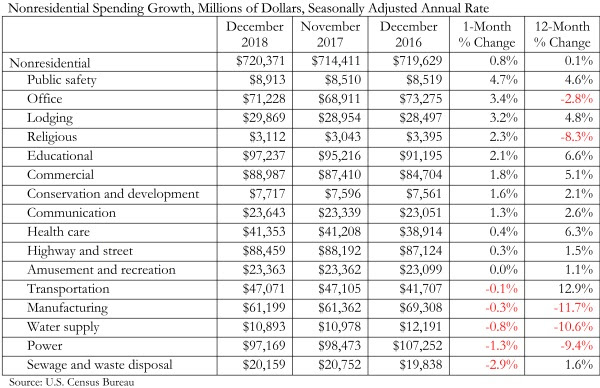
“While data releases are important for many reasons, including helping us to understand what happened in the past, their principal value lies in clarifying our shared understanding of the probable future,” said ABC Chief Economist Anirban Basu. “Today’s data release, which essentially confirms the existence of the ongoing construction expansion cycle, is less useful than usual. The obvious reason is that the December data reflect a pre-existing pattern of construction spending. The future is likely to represent a departure from prior trends, in large measure because of the recently passed tax reform bill.
“Even before the United States enacted tax reform, global and domestic financial systems were flush with liquidity and capital,” said Basu. “The tax cut will further bolster liquidity and confidence, which will ultimately translate into more construction starts and spending. If long-awaited progress is made on infrastructure spending, the construction recovery will likely transition from solid to spectacular. Note that the transportation category has already expanded 12.9% on a year-over-year basis. During much of the past three years, spending growth generally has been concentrated in a number of key private construction segments, while public construction has tended to lag.
“Of course, industry insiders are scratching their collective heads regarding how to amass enough human capital to actually deliver construction services on time and on budget,” said Basu. “Frankly, that’s a mystery. The implication is that any infrastructure package must be accompanied by action that helps expand apprenticeship programs, steps up investment in two-year colleges, encourages high schools to offer career and technical education, and encourages more people to leap into the U.S. labor force.”
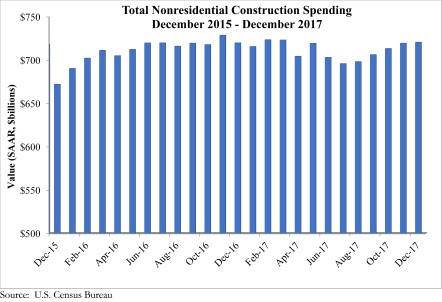
Related Stories
Market Data | Jul 21, 2020
7 must reads for the AEC industry today: July 21, 2020
Abandoned high-rise becomes mixed-use luxury apartments and researchers are developing anti-coronavirus tech for buildings.
Market Data | Jul 20, 2020
Construction employment rises from May to June in 31 states, slips in 18
Recent data from Procore on jobsite workers’ hours indicates employment may have leveled off.
Market Data | Jul 20, 2020
6 must reads for the AEC industry today: July 20, 2020
Never waste a crisis and robotic parking systems help developers optimize parking amenities.
Market Data | Jul 17, 2020
7 must reads for the AEC industry today: July 17, 2020
Kennedy Middle School's new Administration/Family Center and Tips to make optimal use of salvaged materials.
Market Data | Jul 16, 2020
Final NEPA rule will make it easier to rebuild infrastructure, reinvigorate the economy, and continue protecting the environment
Administration’s final reforms to the federal environmental review process fix problems with prior process, maintain environmental rigor, and accelerate needed infrastructure improvements.
Market Data | Jul 16, 2020
5 must reads for the AEC industry today: July 16, 2020
1928 hotel reimagined as a new resiential and cultural hub and Walgreens plans hundreds of doctor's offices at its stores.
Market Data | Jul 10, 2020
5 must reads for the AEC industry today: July 10, 2020
The world's tallest hybrid timber tower and the Florida Gators have a new $65 million ballpark.
Market Data | Jul 9, 2020
6 must reads for the AEC industry today: July 9, 2020
The world's most sustainable furniture factory and what will construction look like when COVID-19 ends?
Market Data | Jul 8, 2020
North America’s construction output to fall by 6.5% in 2020, says GlobalData
Even though all construction activities have been allowed to continue in most parts of the US and Canada since the start of the COVID-19 pandemic, many projects in the bidding or final planning stages have been delayed or canceled.
Market Data | Jul 8, 2020
5 must reads for the AEC industry today: July 8, 2020
AEMSEN develops concept for sustainable urban living and nonresidential construction has recovered 56% of jobs lost since March.


